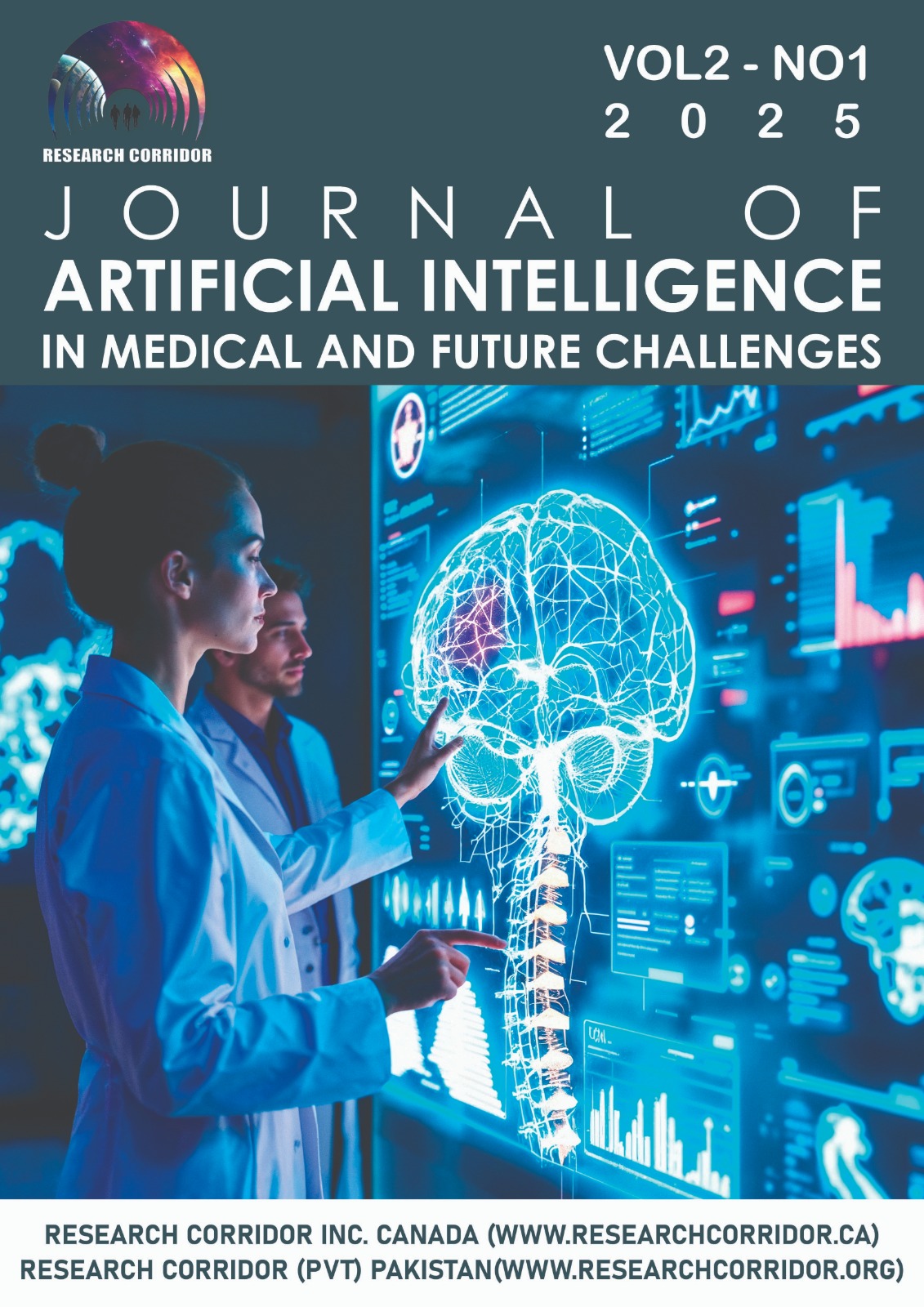Reinforcement Learning in Intelligent Applications: Algorithms and Case Studies
Keywords:
Reinforcement Learning, Q-learning, Deep Q-Networks, Policy Gradient, Multi-Agent Systems, Transfer Learning, Intelligent Applications, Automation, Ethical AI, Decision-Making.Abstract
Reinforcement Learning (RL) has emerged as a powerful paradigm in artificial intelligence, enabling machines to learn optimal decision-making strategies through interactions with their environment. The adaptability of RL algorithms makes them suitable for a wide range of intelligent applications, from robotics and healthcare to finance and autonomous systems. This paper explores key RL algorithms, including Q-learning, Deep Q-Networks (DQN), and Policy Gradient methods, analyzing their effectiveness in various real-world scenarios. Moreover, case studies illustrate how RL is revolutionizing industries, enhancing efficiency, and driving automation. One major challenge in RL implementation is the trade-off between exploration and exploitation, which significantly impacts the convergence and generalization of learning models. Additionally, ethical concerns such as bias in training data and interpretability of RL decisions remain critical areas of ongoing research. This paper discusses emerging trends in RL, including model-based approaches, multi-agent RL, and transfer learning, which aim to improve sample efficiency and adaptability across diverse tasks. The study also highlights the integration of RL with other AI paradigms, such as deep learning and evolutionary algorithms, to create hybrid models with superior performance. Finally, the ethical, technical, and computational challenges of RL adoption are analyzed to provide a comprehensive understanding of its future potential. Through a detailed examination of RL methodologies and real-world applications, this research contributes to the growing body of knowledge on intelligent decision-making systems, offering insights into their evolution and practical implications.





